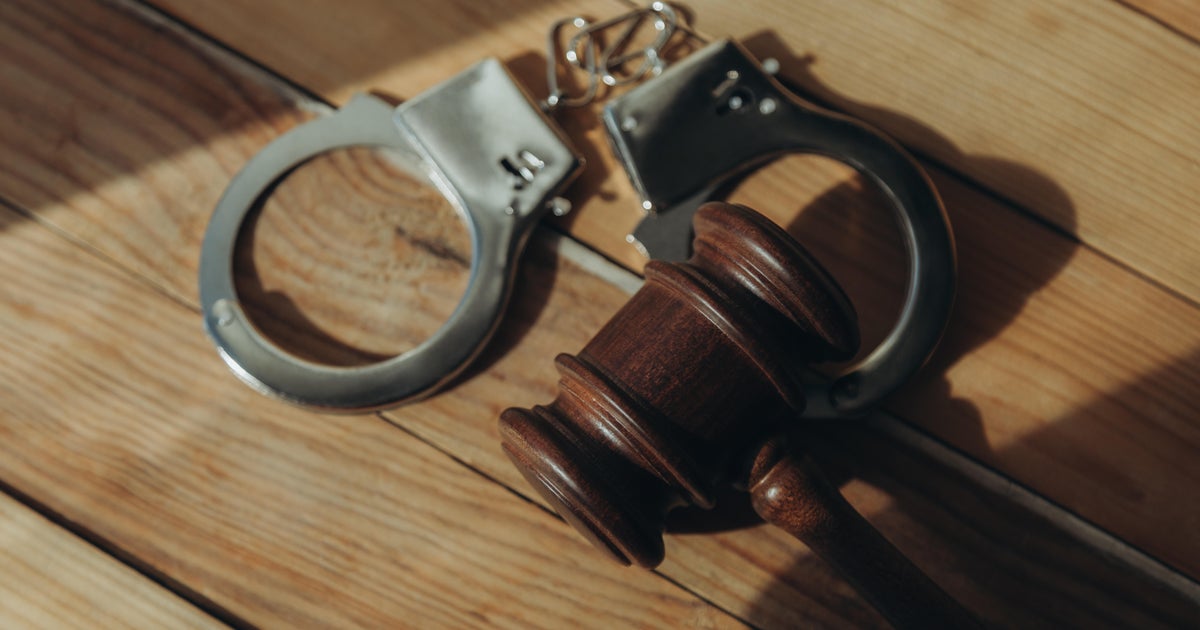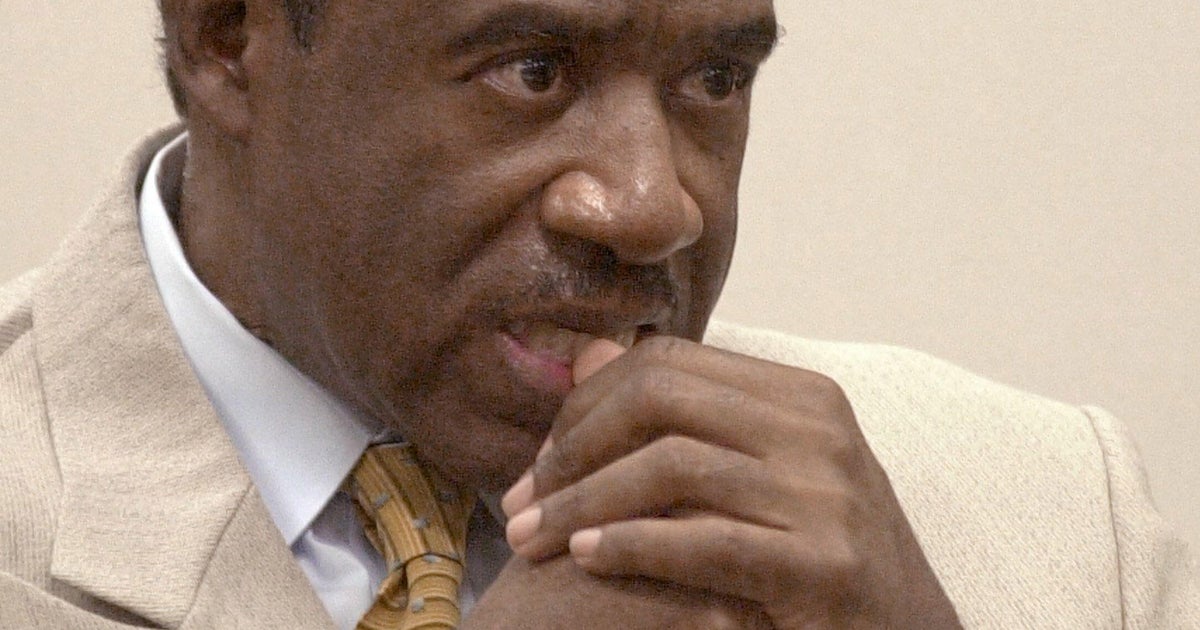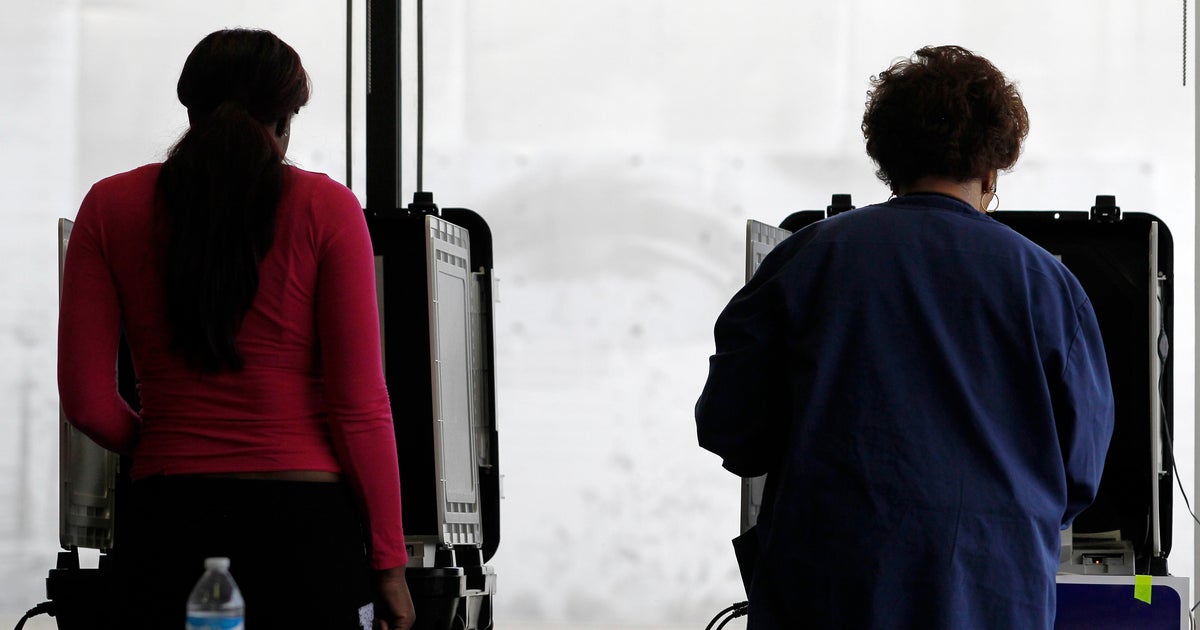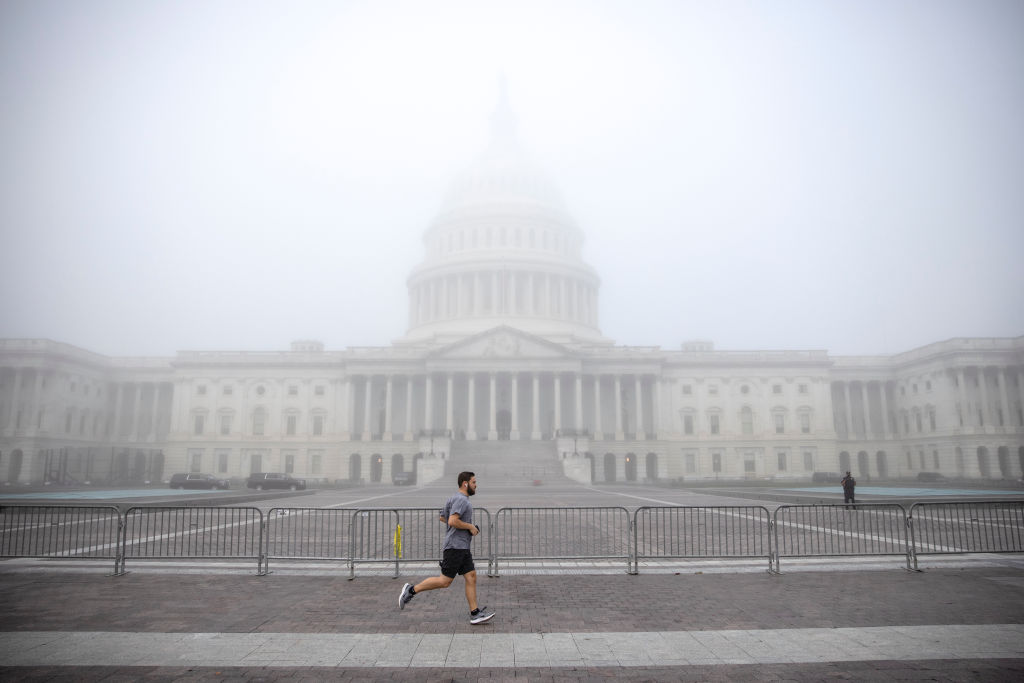Supreme Court allows Florida to place voting restrictions on ex-felons
The Supreme Court on Thursday allowed Florida to block more than a million convicted felons from voting if they have outstanding court fines and fees after serving time behind bars. The justices chose not to overturn a hold on a federal appeals court ruling that would have enfranchised the voters.
Justice Sonia Sotomayor, Ruth Bader Ginsburg and Elena Kagan dissented. In her opinion, Sotomayor wrote that the high court's ruling "continues a trend of condoning disenfranchisement."
During the 2018 midterm elections, Florida voters overwhelmingly approved a constitutional amendment that granted certain non-violent felons the right to vote. The measure, known as Amendment 4, restored eligibility to an individual "after they complete all terms of their sentence."
The following year, Florida Governor Ron DeSantis signed into law a requirement that all court fines, fees and restitution must be paid off for someone's sentence to be considered complete.
Numerous lawsuits were filed challenging the law, arguing that it discriminates on the basis of wealth and therefore violates the 14th Amendment's Equal Protection Clause as well as the 24th Amendment, which prohibits poll taxes.
A federal district court in Florida found the law unconstitutional in May, but earlier this month, an appeals court granted the state's request to pause the ruling from going into effect. The Supreme Court upheld that stay on Thursday.
Paul Smith, an attorney with the Campaign Legal Center, said he was disappointed by the decision. "I think most Americans would say anything that interferes with the ability of people to exercise their right to vote in important elections is really not consistent with basic American values," he added.
"You can't keep people from voting for the rest of their lives because they're poor," Smith said.
The Sentencing Project estimates at least 6.1 million people are currently disenfranchised due to felony convictions.



